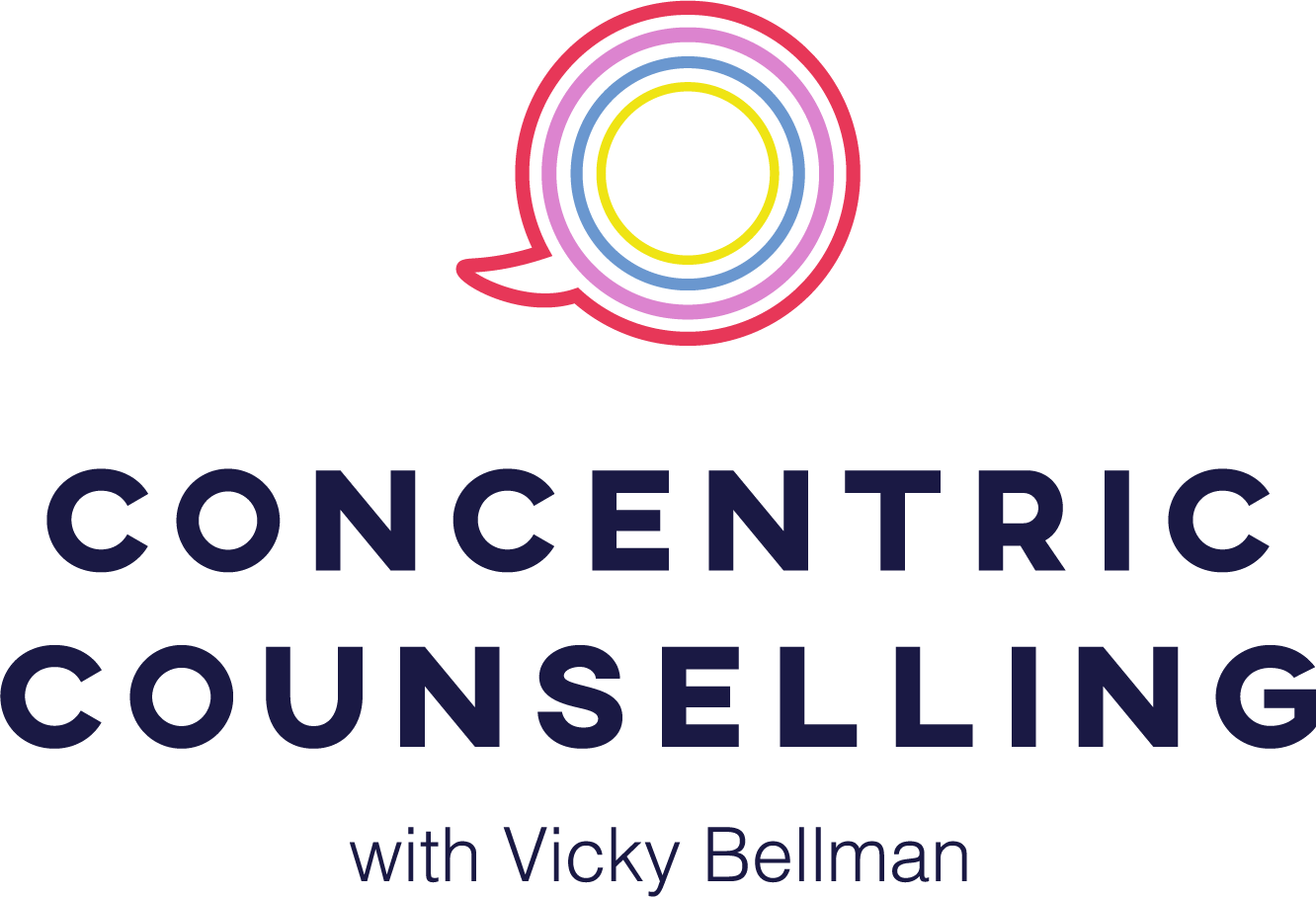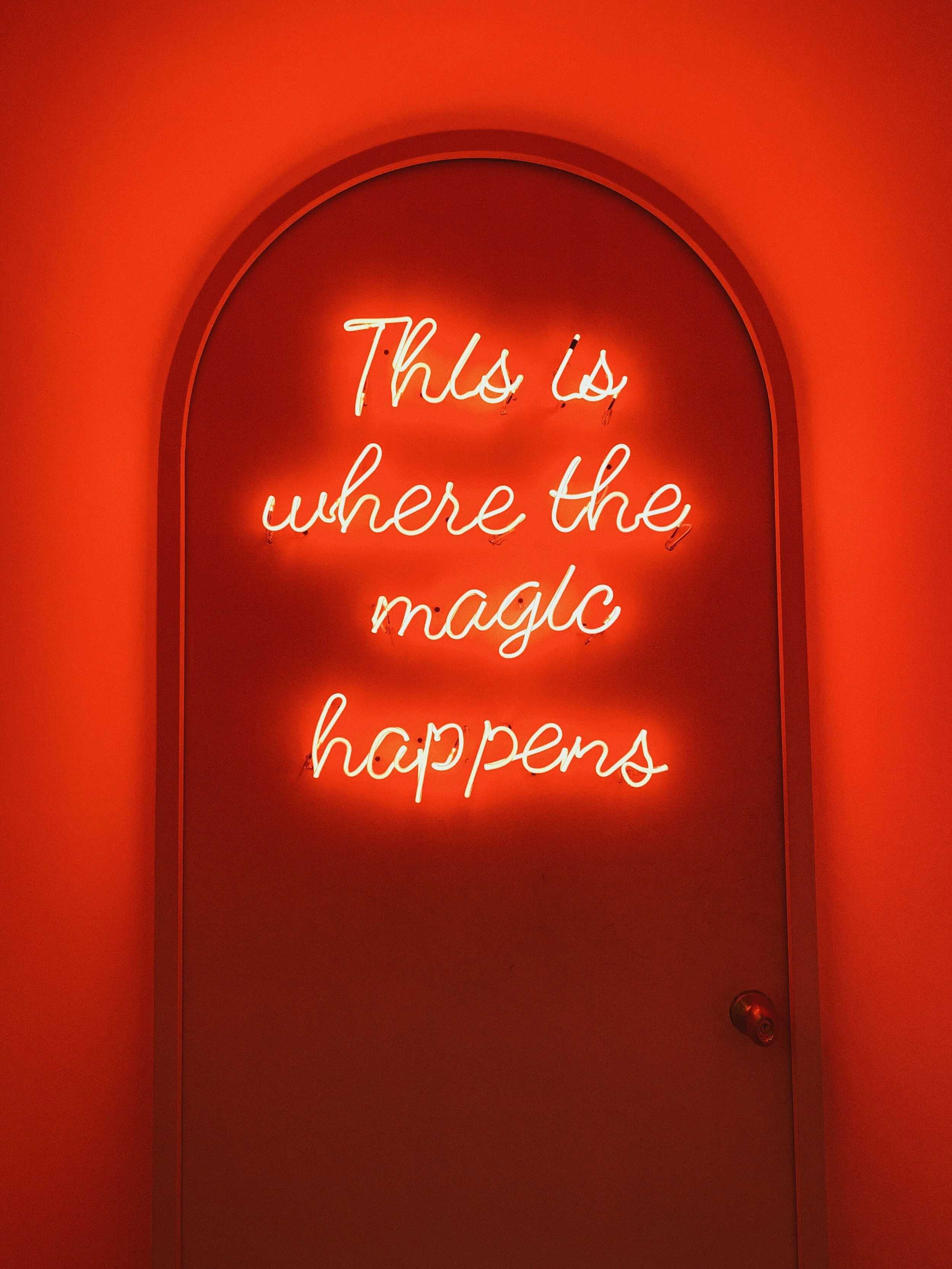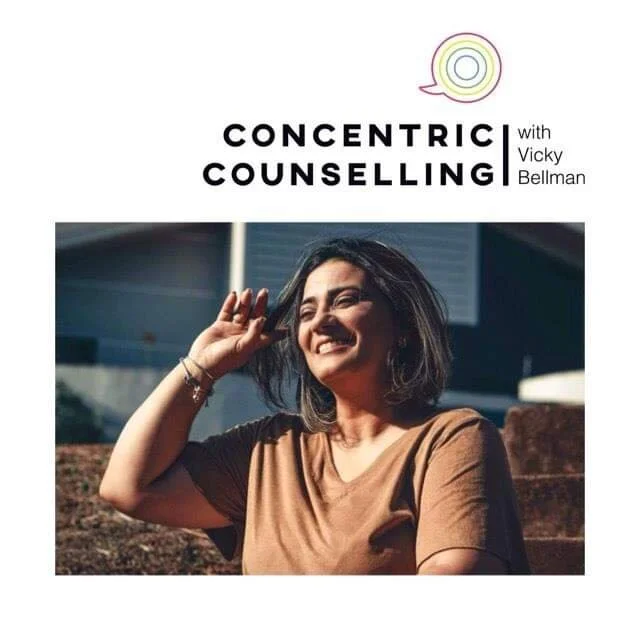What recovery restores... connection
In the penultimate article for this week, marking Eating Disorder Awareness Week 2020, I wanted to think more about what recovery restores to us. Yesterday, I spoke about how eating disorder takes our time, shrinking our life back to its edges, and taking up all the available time and attention. Today, I wanted to continue on from that and talk about another element of life that is shrunk back, and can be restored through recovery.
recovery restores… connection
In the same way that an eating disorder is hungry for time, it is also hungry for constant attention - it demands to be your sole focus, inhibiting your relationships by virtue of taking up all the space. As you become more preoccupied with your eating disorder, you can feel lonely and isolated - feeling so defined by your current situation that you feel you have little in common anymore with your loved ones.
In a constant state of food obsession, your interactions with others can be affected - feeling more tense, strained and full of friction. When energy intake is restricted and controlled, our relationships can be tested - scarcity creates irritability and snappiness. As your eating disorder attempts to distort and disconnect you from your own body, your relationships can feel distorted and lack connection as well.
And I know just how many social occasions feel insurmountable because there will be an expectation to eat or drink, and it all feels too out of control. Disordered eating and eating disorders impact on our ability to bond with our loved ones in celebration and fun, and isolate us from the ones to whom we want to feel closest.
contact
We heal in connection with others. Throughout your recovery, working with a therapist, a dietician, and looking for ways to connect with those close to you, you can begin to intentionally allow yourself to recommit to relationships and be open. Recovery relationships eg the ones you make with your recovery team, and/or with peers in groups, give you the opportunity to reach out and be human, to make and sustain contact.
celebration
Recovery restores the opportunity to connect with the people we love - friends, family, colleagues, recovery buddies, in celebration and fun, and food freedom. When eating disorders make you feel you need constantly work to ‘achieve’ perfection and success, recovery restores the potential to connect playfully with the people you value, and enjoy the life that you deserve.
This article isn't a substitute for counselling, although I do hope it helps. If you this article has resonated with you, consider seeking professional support. You can work with me in London, Kent or online, by contacting me at hello@concentriccounselling.com or 07419 190930.











